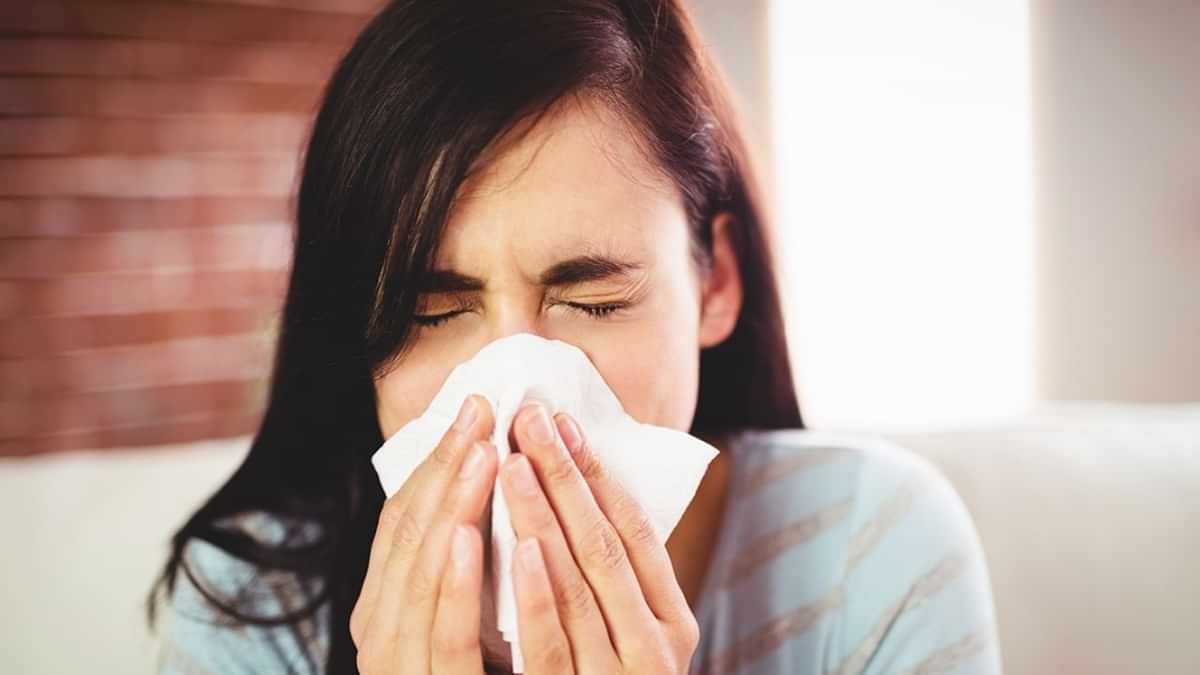 Pollen Allergies
Pollen Allergies
Pollen allergies, often referred to as “hay fever” or seasonal allergic rhinitis, are a common concern, especially during the months between February and April. These allergies are triggered by the presence of pollen in the air and can lead to various respiratory issues and skin inflammations.
Prevalence of Pollen Allergies in India
According to data shared by the Ministry of Science and Technology in 2021, approximately 20-30% of the population in India suffers from pollen allergies, with nearly 15% of them also experiencing asthma. These statistics highlight the significant impact of pollen allergies on public health in the country.
Understanding the Symptoms of Pollen Allergies
Pollen allergies manifest in various symptoms, making them easily identifiable. Common symptoms include runny or congested nose, frequent sneezing, itching in the nose, eyes, ears, and mouth, watery and red eyes, and swelling around the eyes.
Effective Remedies for Pollen Allergies
When experiencing symptoms of pollen allergies, it’s essential to seek effective remedies. Nasal sprays are readily available and can provide relief from nasal congestion. Additionally, inhalers are beneficial for managing symptoms like coughing, wheezing, and shortness of breath, particularly for individuals with asthma.
Preventive Measures for Pollen Allergies
Preventing exposure to pollen is key to managing allergies effectively. Avoiding outdoor activities during high pollen seasons, wearing dust masks when outdoors, and keeping doors and windows closed can significantly reduce pollen exposure. It’s also advisable to change clothes and shower after being outside to minimize pollen transfer indoors.
Maintaining Cleanliness Indoors
Maintaining cleanliness indoors is crucial for reducing allergen exposure. Regular cleaning, especially of furniture and walls, helps remove accumulated pollen. Pet owners should pay special attention to pet hygiene as animals can carry pollen indoors. Avoiding smoking indoors and staying hydrated while managing stress also contribute to alleviating pollen allergy symptoms.
Pollen allergies pose a significant health concern, affecting a considerable portion of the population, especially during certain months. By understanding the symptoms, adopting preventive measures, and seeking appropriate remedies, individuals can effectively manage pollen allergies and improve their quality of life.
 Suspense Crime Sach Ka Dam
Suspense Crime Sach Ka Dam


